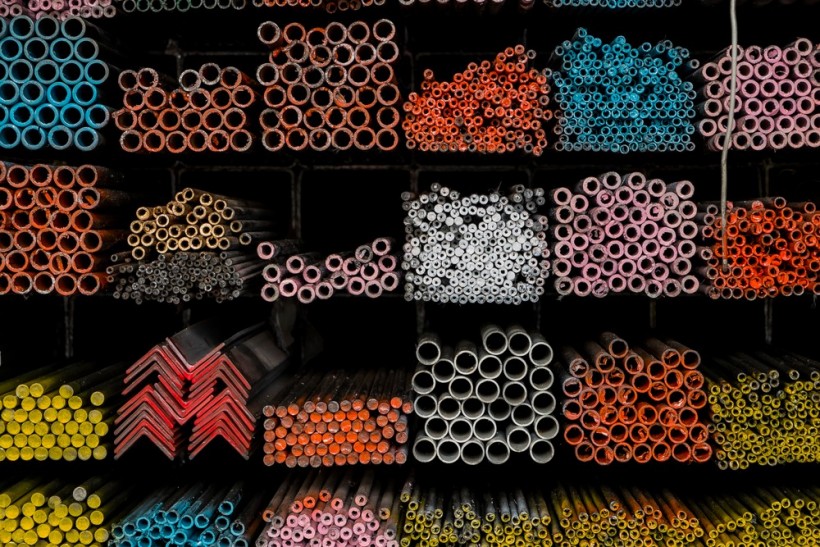Rome was not built in a day, so we have to assume the Romans had places to keep their bricks and plaster when they were not building. Same thing with every manufacturing process in the world. The process of manufacturing a product, engine or consumable will inevitably involve cycles where you need to store your raw materials for future use. Therefore, you need to learn how to store your manufacturing materials, where to store them and how long they can be stored.
Learning how to properly store your manufacturing materials will help prevent damages from occurring through improper storage which could have devastating effects on the manufactured product. Imagine a fuel hose used in a new car has an undetected hole made by rats while in storage. The effects of this could cascade very quickly, potentially causing an auto accident, which could lead to your company getting sued. This is a very good illustration of why you need to store your manufacturing materials properly. Let's take a look at some of the most common types of manufacturing materials and the best storage practices for them.
Metal
Most metal manufacturing materials contain a quantity of iron, therefore, the most common damage to metal manufacturing materials is rust. The easiest way to prevent this is to make sure you store your metal materials in a moisture-free environment. Without moisture, rusting cannot occur. Also, avoid storing metals in places with high temperatures as the heat can warp the metal, making it unfit for use. The same goes for places with a very low temperature. Metal is very durable and can be stored for a long time, so the length of storage is not a concern.
Wood
Moisture is also an enemy to wooden materials. The very first step in storing your wooden manufacturing materials is to keep them out of water as it causes the wood to rot. Wooden manufacturing materials can also be stored for long periods of time, but they eventually start to rot from moisture absorbed from the air.
Polymers
Polymers usually yield two forms of manufacturing materials: rubber and plastics. These materials are usually found in combination with metal and ceramics to make up complex manufacturing components like automobile engines, aircraft engines and fuel handling systems. When storing these components, one of the most common concerns is leaks and spot damages. And while these are inevitable, selecting the proper seals can help reduce the frequency. For example, Viton fluorocarbon o-rings serve as ideal seals for aircraft and automobile engines, fuel handling systems and other components.
Properly storing polymer components also prevents the accumulation of contaminants that could corrode the material. Moisture cannot damage polymers, but heat can cause them to warp, so avoid storing polymer materials or components containing polymers in places with high temperatures.
Composites
Composites are derived from a mixture of materials with the design to improve the mechanical properties of the resultant material. Reinforced concrete is a good example of simple composite material. Storage of manufacturing components made with composite material depends on the properties of the component materials.
Organic Materials
Organic materials like food items, medical supplies and hazardous organic chemicals require the most storage efforts due to their perishability. Depending on the specific material, these types of manufacturing materials can be refrigerated, dried or preserved in chemicals to prevent decay or breakdown by bacteria. You can also choose to store organic materials in properly sealed storage containers. If you choose to go this route, it is important to choose the right kinds of seals and sealing devices to prevent leaks or compromisation of the stored materials. For example, you should avoid using a seal made of materials that can react with the organic material being stored.
Properly Store Materials to Avoid Replacement Costs
Most of the damage to manufacturing materials usually occurs in storage. Properly storing your manufacturing materials helps you to avoid a lot of costs that could potentially be incurred from damage in storage and makes it easier for you to create dependable caches of needed materials for your manufacturing processes.
* This is a contributed article and this content does not necessarily represent the views of sciencetimes.com













![Sat-Nav in Space: Best Route Between Two Worlds Calculated Using 'Knot Theory' [Study]](https://1721181113.rsc.cdn77.org/data/thumbs/full/53194/258/146/50/40/sat-nav-in-space-best-route-between-two-worlds-calculated-using-knot-theory-study.png)

